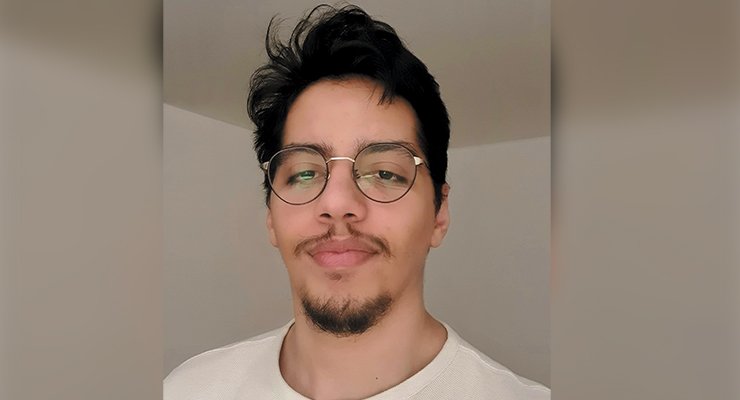Health-care engineering (IDS)
The aim of UTC’s Health Engineering specialty Master’s degree (IDS) is to train managers capable of understanding the problems linked to the strategic deployment and operation of technological services and systems within companies and organizations. Training is more particularly oriented towards the management of quality and biomedical technologies in so-called ‘health territories’, as well as regulatory affairs revolving round the medical device.
The IDS Master's degree has been accredited by the Medicen ‘health competitiveness cluster’ since 2016 and by the Nutrition Health Longevity cluster of Hauts-de-France since 2021.
Since September 2021, the second year of the course has been open to sandwich courses.
Description
IDS offers 2 specialties:
Job opportunities
Depending on the courses chosen, the career opportunities are aimed at the functions – for the TBTS course of hospital biomedical engineer – application engineer, product engineer, project manager in health regulation organisations; and for the DMAR course – manager of regulatory affairs, quality and standardization in designers, manufacturers or operators of medical devices.
The Master's degree is intended for professionals; however, it is supported by the teacher-researchers of two research laboratories: UMR CNRS 7338 Biomechanics and Bioengineering (BMBI), the EA 2223 Knowledge, Organization and Technical Systems (UTC-Costech) and a research-action unit Quality in Product and Process Design, Innovation (QCP2I).
Pursuit to a PhD thesis is not intended to be developed in a significant way in this mention, nevertheless the choice of certain UE with a research purpose, the participation in projects of the research laboratories of UTC during the internship of M1 or that of M2, the drafting and publication of professional articles support the integration in the research units for the graduates who would like to pursue a doctorate.
The TBTS specialty programme is accredited by the Innovation in health ‘Medicen’ competitiveness cluster in the Paris Region.
The DMAR programme has been chosen by the Syndicat national de l'industrie des technologies médicales (SNITEM) to provide training for biomedical SMEs in regulatory affairs for medical devices. The participation of external contributors from the professional world is quite significant in the teaching of the degree in order to adapt its contents and to achieve good employability for future UTC-DMAR graduates.
Organization
The courses are organized over 4 semesters, 3 semesters of UE (S1 to S3) and 1 semester (S4) dedicated exclusively to a long-term placement/ internship (22 to 24 weeks). A short internship (1 month) at the end of S1 or S2 is strongly recommended.
Semesters S1 and S2 include a common core of UE (25 to 50%) followed by all students in the field. They concern the common tools and basic knowledge for their training (computer sciences and networks, information systems, measurements and data analysis, communication and interpersonal skills) and pathway courses allowing them to specialize in an orderly manner and pace. These pathway courses are 50% shared with the engineering cycle of the UTC.
Semester S3 is organized with 25% of UE common to the 4 courses which concern project engineering, professional communication and professional preparation (CV, interviews, team management). The other courses are specific to each specialty.
A large part of the course is based on project-based teaching. In M2, students carry out at least one collective project in order to develop their skills in multidisciplinary and multicultural teamwork, project management and high-level professional communication.
The progress of these projects is monitored with scientific and methodological support from the teacher-researchers and sometimes from external partners who have proposed subjects. An important part is given to the students' real and practical experience in several forms: appropriation workshops, case studies, visits to services, demonstrations of equipment, conferences, practical work, etc.
The work of the Master's programme is freely accessible at the following address: https://travaux.master.utc.fr/
Contact and documentation
Plaquette master



